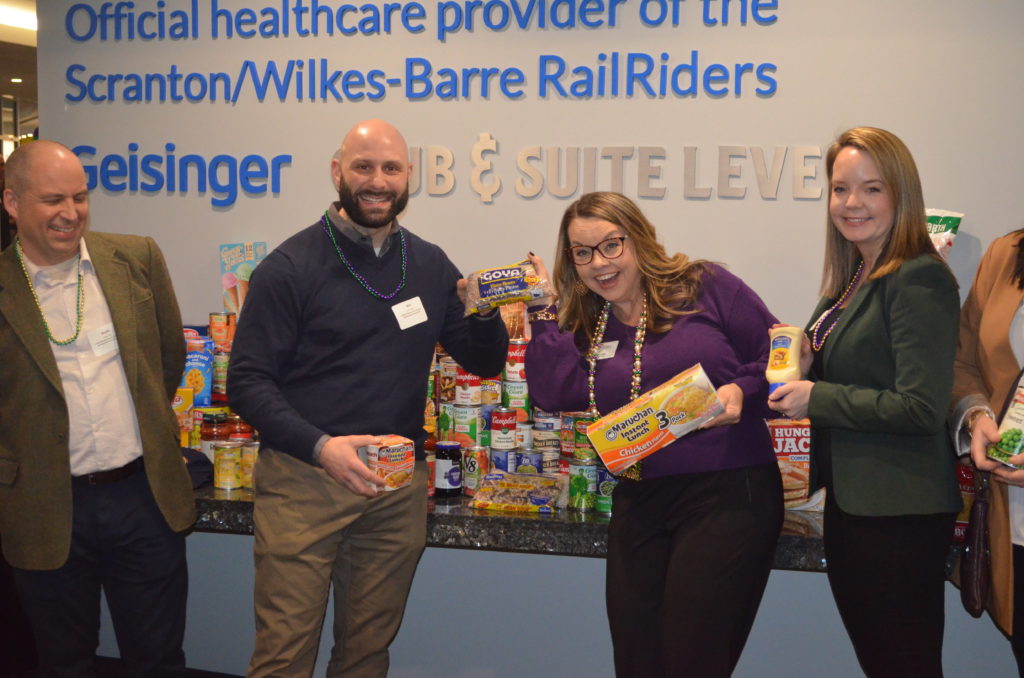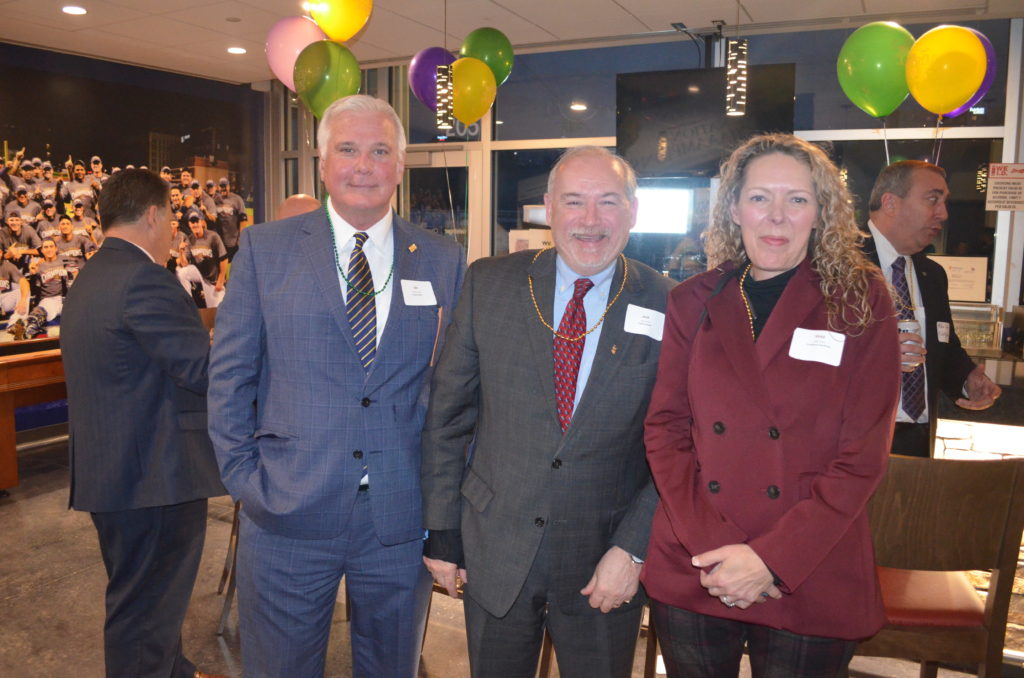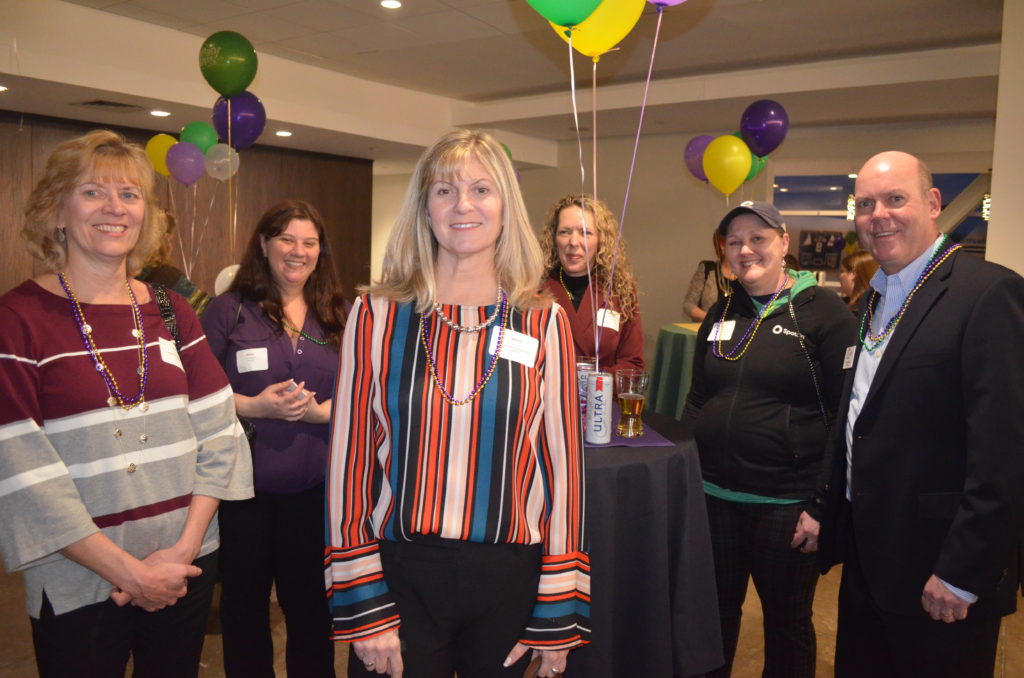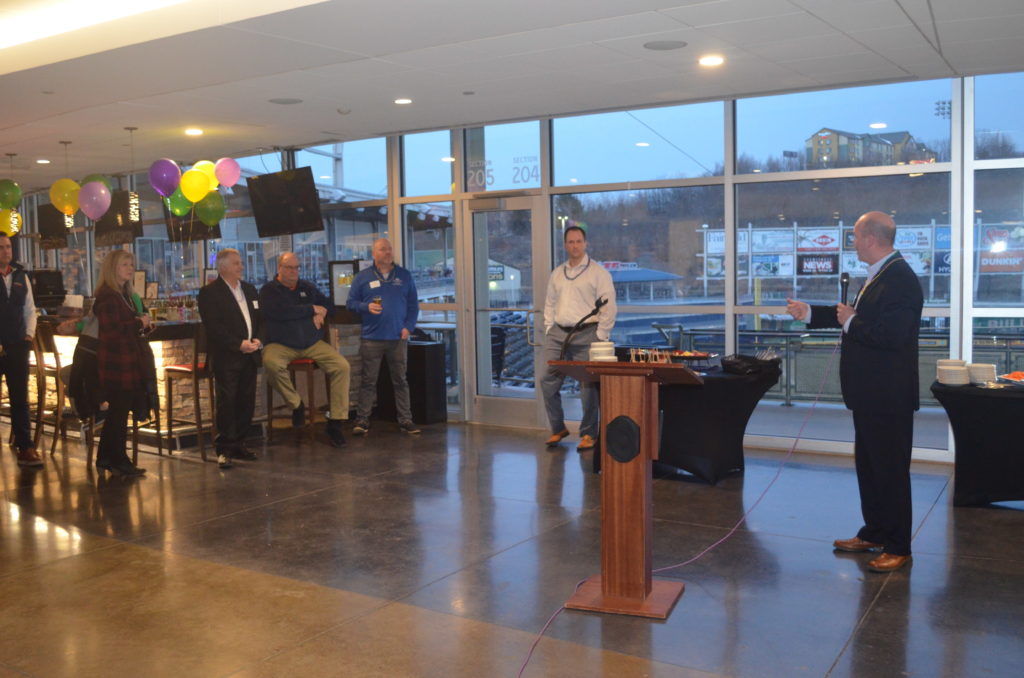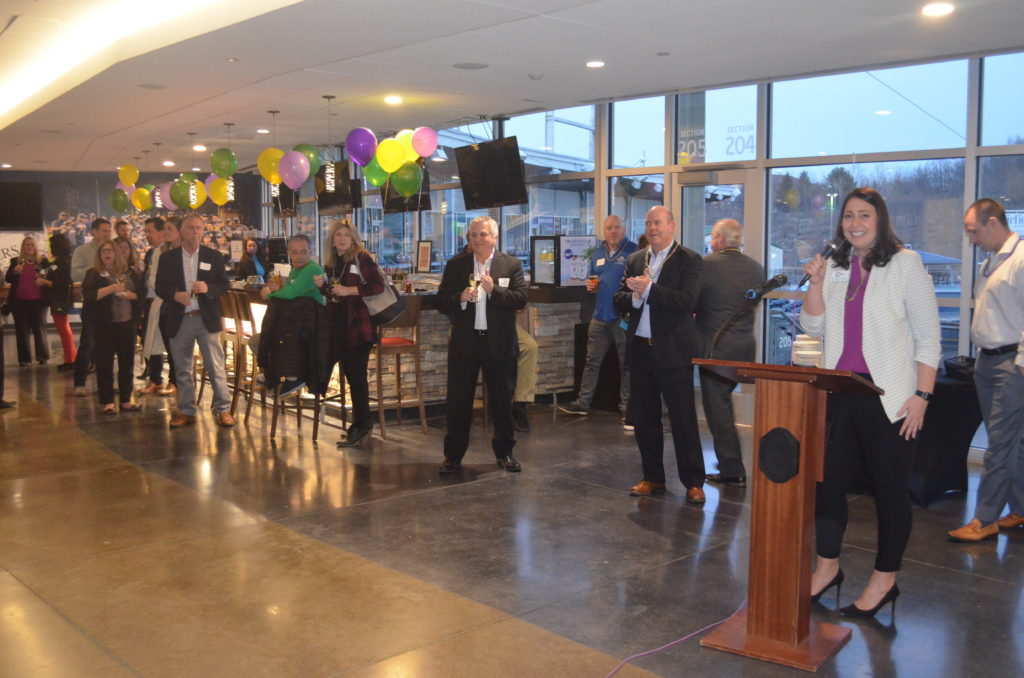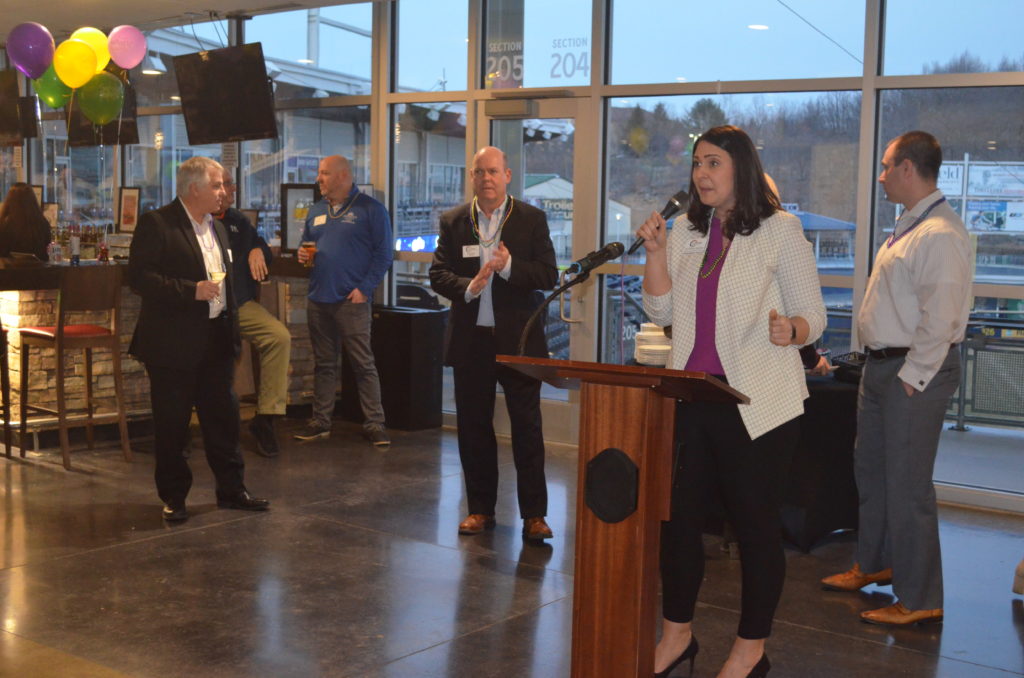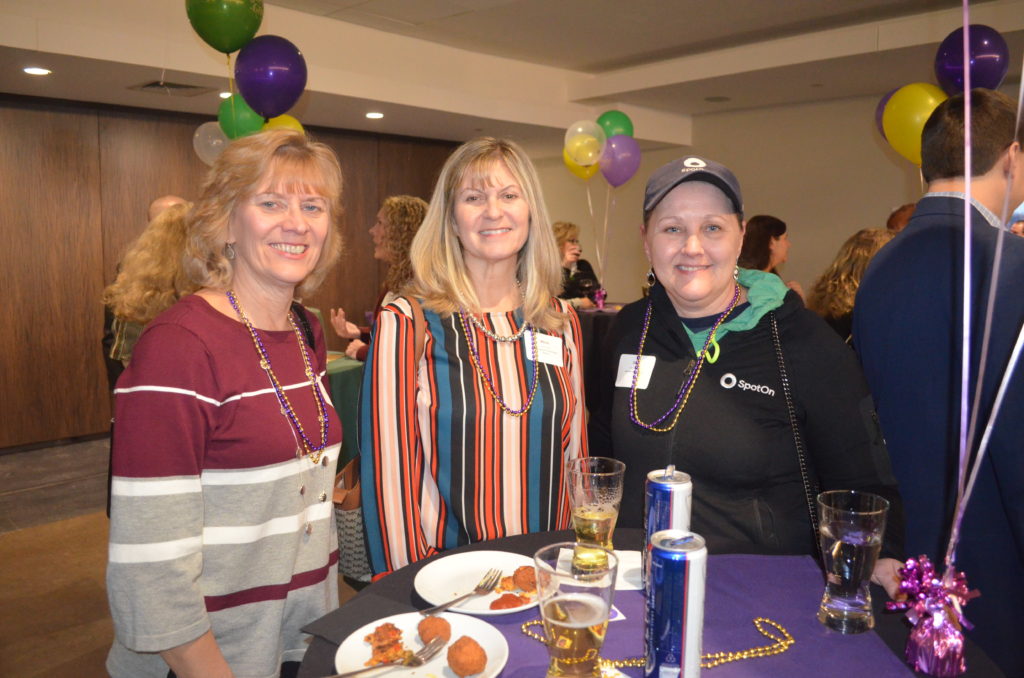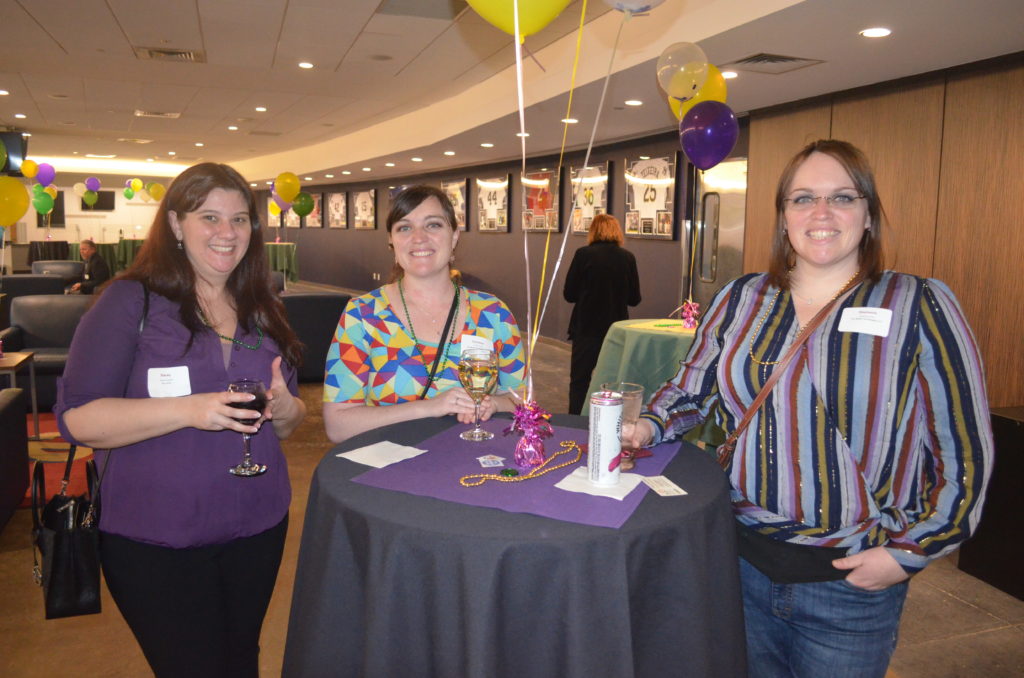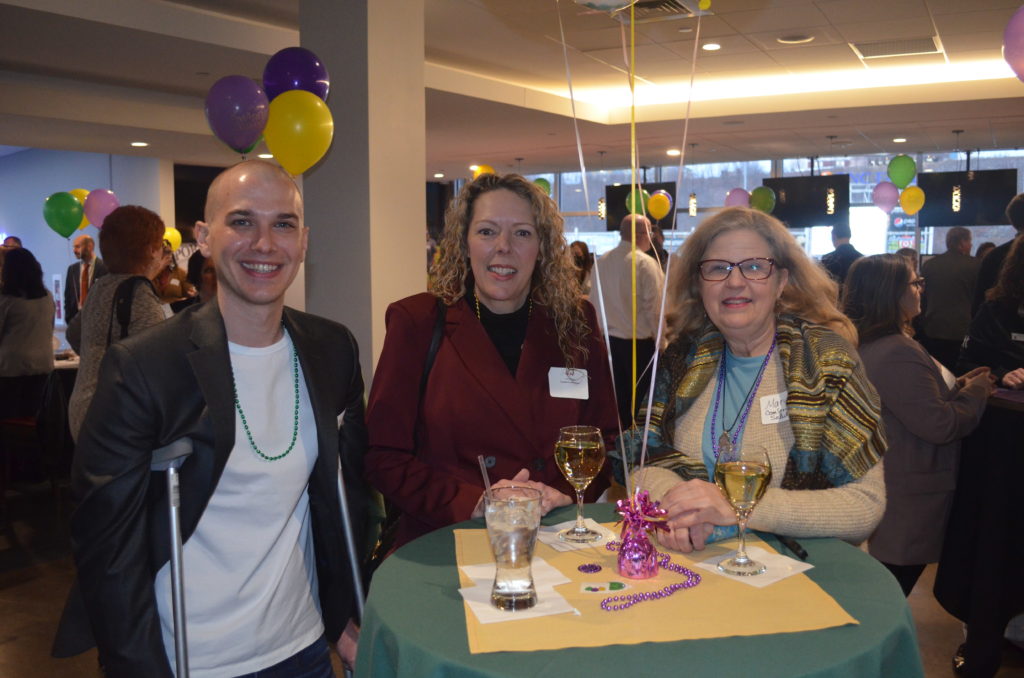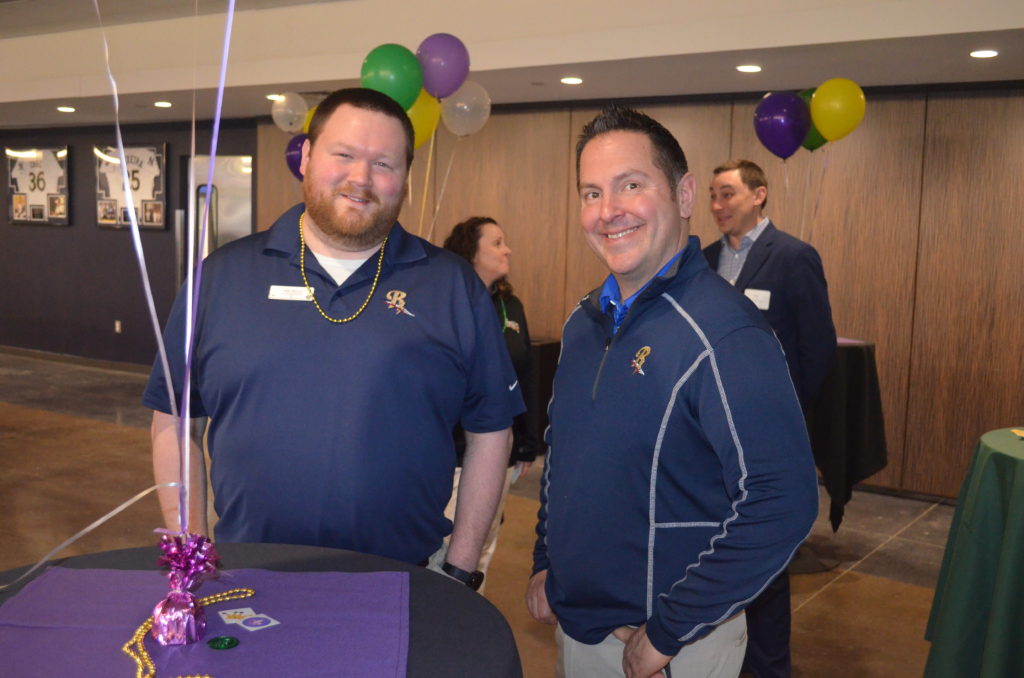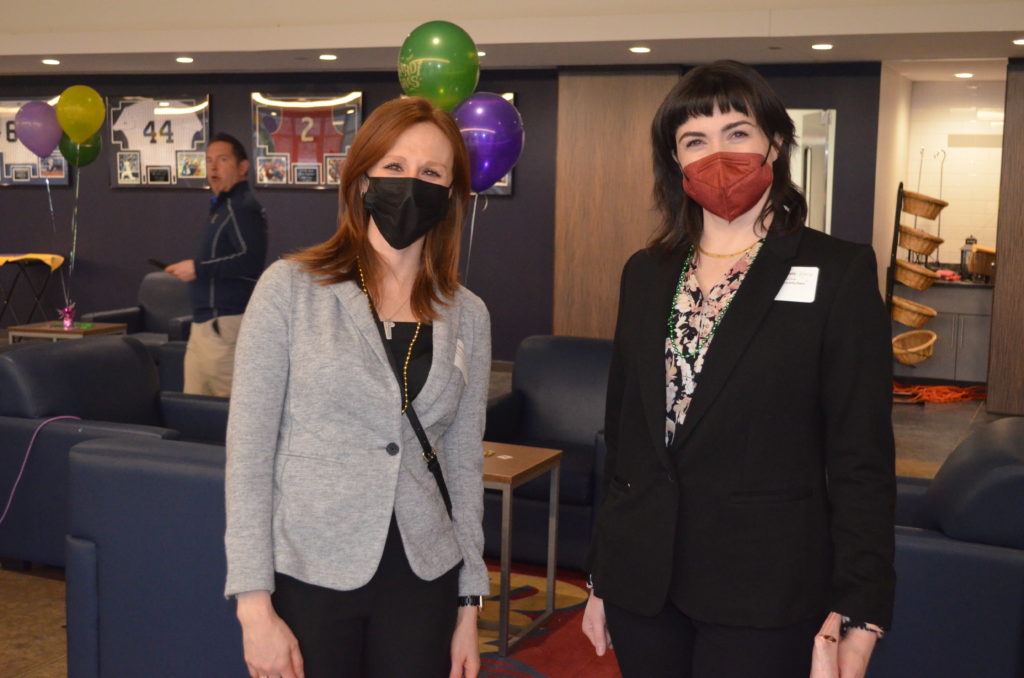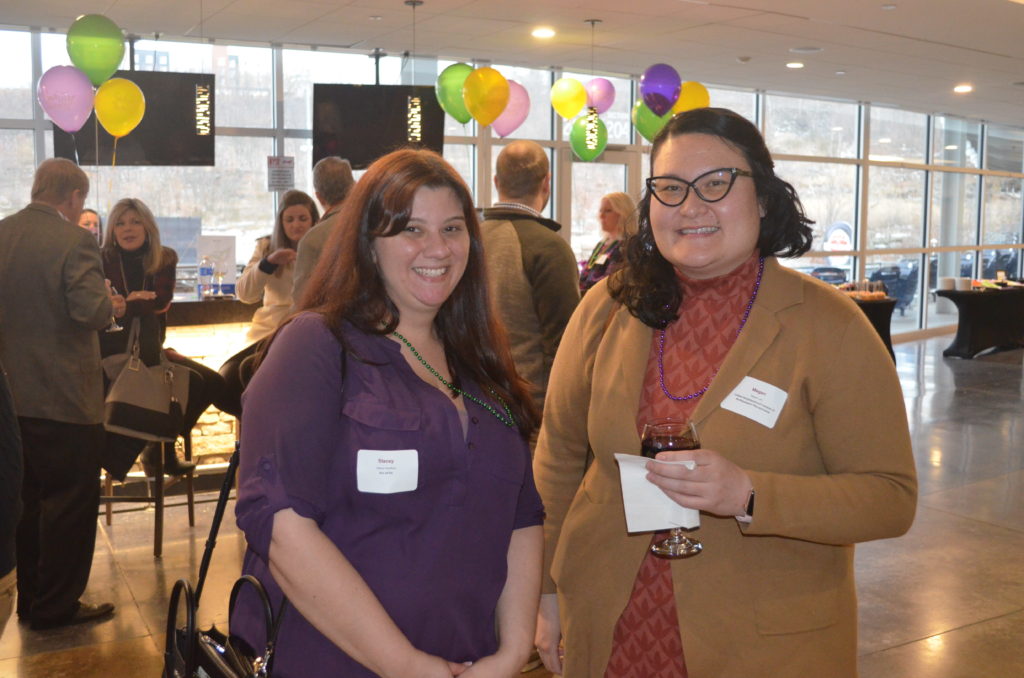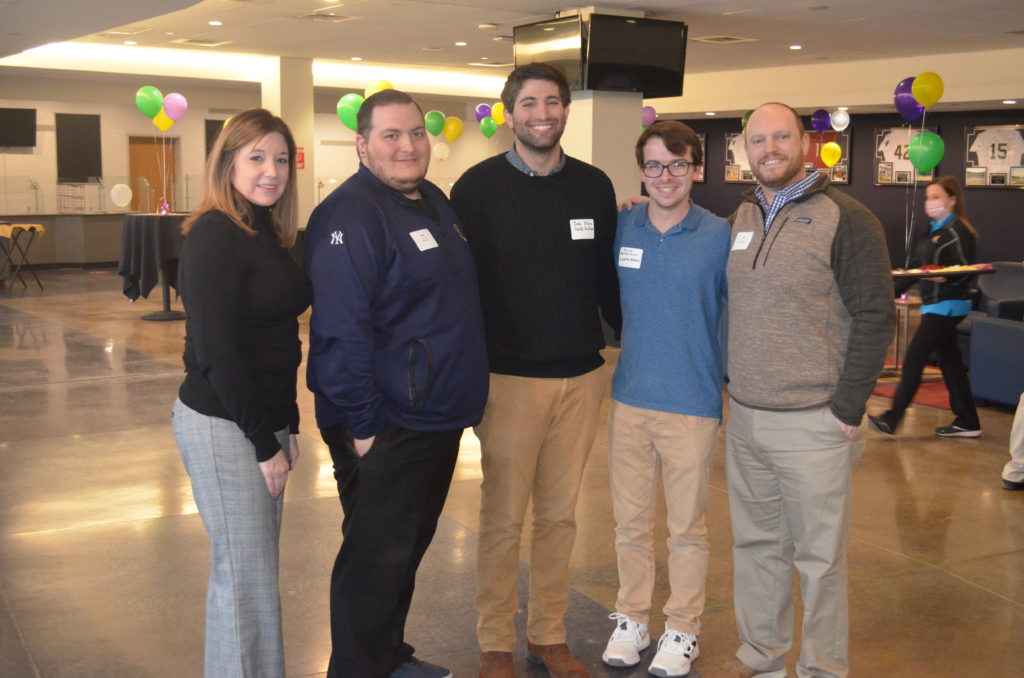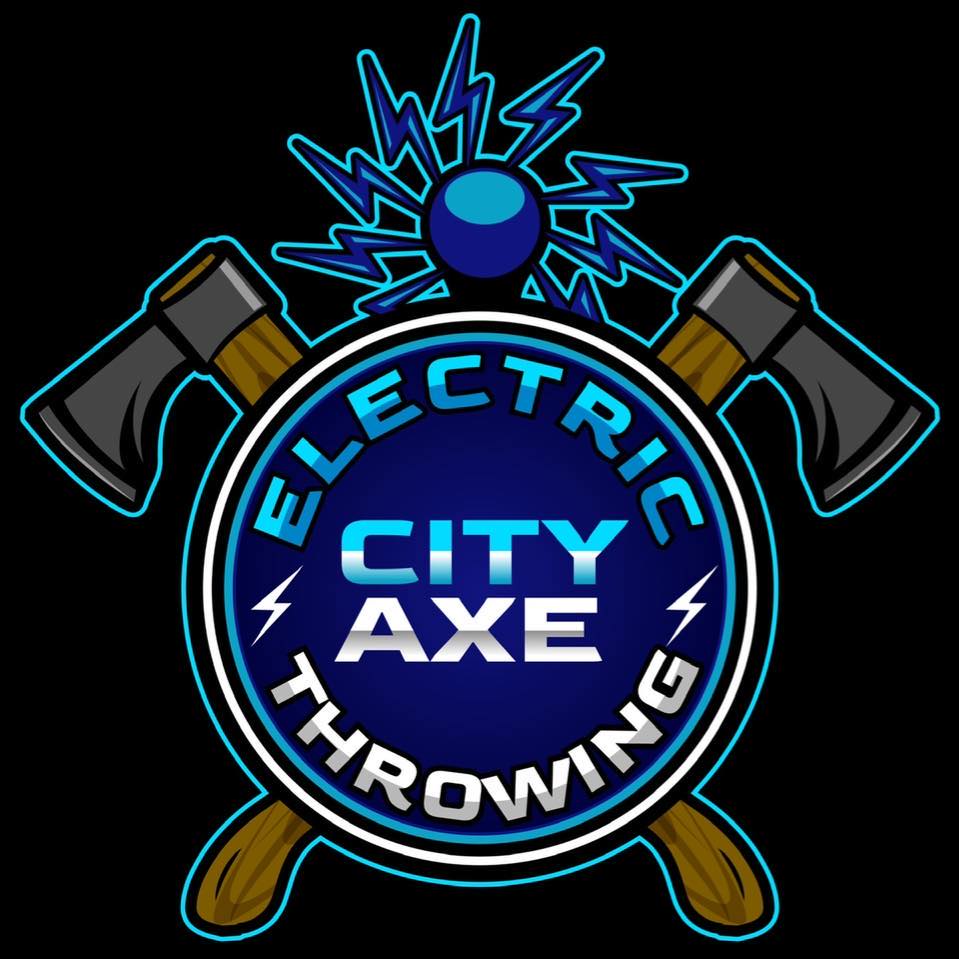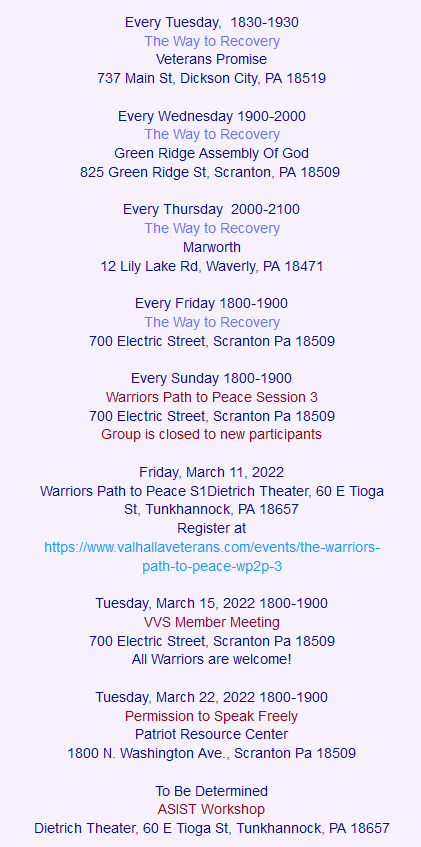6th Annual Winter Blues Guitarmageddon Postponed
Due to weather disruptions and travel restrictions, the Scranton Cultural Center at the Masonic Temple’s 6th Annual Winter Blues Guitarmageddon featuring Joe Louis Walker with King Solomon Hicks, Dustin Douglas & The Electric Gentlemen and the Deb Callahan Duo scheduled for tonight at 7:00 PM has been postponed and will be rescheduled for Sunday, March 27 at 6:00 PM.
All tickets for tonight’s performance will be honored at the rescheduled date. Patrons can contact their original point of purchase or the SCC’s Fidelity Bank Box Office at (570) 344-1111 with any questions.
Events at The Ritz
Railfest to Return to Steamtown National Historic Site
Steamtown National Historic Site (NHS) is pleased to announce the return of Railfest on Saturday-Sunday, June 11-12, 2022. This year’s celebration will be offered in partnership with the Pennsylvania Anthracite Heritage Museum’s Arts on Fire event at the Scranton Iron Furnaces. Both sites are excited to be collaborating to provide an interactive and immersive experience showcasing our community’s history. New for 2022: there will be no cost of admission for the event!
Details are still being ironed out for the weekend-long event which is expected to include activities such as an iron pour, live music, arts programming, and more! Updates will be forthcoming. Stay informed by visiting www.nps.gov/stea or @SteamtownNHS on Facebook, Instagram, and Twitter. Learn about the Pennsylvania Anthracite Heritage Museum by visiting www.anthracitemuseum.org or @AnthraciteHeritageMuseum on Facebook and @AnthraciteMuse on Twitter.
Electric City Axe Throwing Glow Throw
Electric City Axe Throwing hosts glow-in-the-dark axe throwing every Saturday from 12-10 p.m.
Make reservations online at www.ecaxethrowing.com
Kim Drumgo – EMPOWER Conference Speaker

Chief Diversity, Equity, and Inclusion Officer, Geisinger Health System
Presentation: Inclusive Companies and Communities
The last two years has caused significant shifts in the workplace, demographically and interpersonally. Now more than ever, organizations are grappling with the effects of the “Great Resignation” and are competing for talent locally and nationally. In this session, Kim will provide insight into how companies and the communities they serve can increase resilience and aptitude for change, attract talent, grow engagement, and allow for better relationships between people from different perspectives and experiences.
Bio:
Kim Drumgo, MBA, is the chief diversity, equity, and inclusion officer for Geisinger, an integrated health services organization that serves more than 3 million residents through 45 counties in central, south-central, and northeast Pennsylvania with over 24,000 employees.
In her role at Geisinger, Kim provides strategic leadership and support of DEI programs across the health system. Her current focus areas include fostering inclusive cultures, talent attraction and growth, community health equity, and supplier diversity.
With over 25 years of experience, Kim is recognized as a thought leader with demonstrated experience leading change initiatives in large matrixed organizations such as Anthem, AICPA, and BCBS. In the last 15 years, Kim has established multiple inaugural DEI offices and revitalized a fortune 30 DEI program to align the accountability of DEI with its 70,000 employees strategically.
As an expert in the field of diversity management, Kim has been cited or featured in Becker’s Hospital Review, Chief Healthcare Executive, Profiles in Diversity Journal, Diversity Network Journal, Diversity Manager, The Journal of Accountancy, and many other publications and conferences.
Kim is the past chairman of the PhD Project board and member of the Conference Board Diversity Council. She continues to serve as an advisor to many other entities focused on diversity and inclusion. Kim holds a Bachelor of Science degree in public health from UNC Chapel Hill and a master’s degree in business administration from the University of Maryland.
Marywood to Host Women of Color Traveling Museum Exhibit

In honor of Women’s History Month, Marywood University’s Global Unity Club, Office of Equity and Inclusion, and Student Engagement Office are collaborating to host the traveling museum exhibit, Women of Color – A Tribute to the Contributions of African-American Woman, on Wednesday, March 2, 10 a.m.-2 p.m., in the Latour Room at Nazareth Student Center, on the University’s campus.
One of the most sought after traveling museums of its kind in the country, this special display is a featured exhibit of The True Black History Museum, including rare and authentic artifacts that date back to the late 1700s. The event at Marywood is free and open to the public. Visitors may park in the main lots in front of Nazareth Student Center on Adams Avenue.
The exhibit profiles several dynamic African-American women who have made significant contributions to society and includes original artifacts, signed documents, and photos of individuals such as Mary McLeod Bethune, Rosa Parks, Maya Angelou, Angela Davis, Dr. Mae Jemison, Shirley Chisholm, Coretta Scott King, Oprah Winfrey, Condoleezza Rice, and other great African-American women who have impacted the history of Black Women around the world.
For additional information about the Women of Color traveling museum exhibit at Marywood, please contact Haleigh Zurek, assistant director for campus programming, by email at hazurek@marywood.edu or by calling 570-340-6016.
Lackawanna County Heritage Fair
Valhalla Veterans Services Events
Keystone College Spring Career Fair
Keystone College will be hosting a Spring Career Fair on Tuesday, April 26th from 11 a.m. to 3 p.m.
Register your company, non-profit, organization, graduate school to participate. All industries are welcome.
There is no cost for this event, and presenters will treated to lunch in the Keystone Restaurant.
There will be many job seekers with resumes on hand, as well as many different students looking to further their education or secure an internship.
To participate, please fill out the online registration form. Any questions, or if you would like more details, please feel free to contact John Gorel at 570-536-1925, or email at john.gorel@keystone.edu



